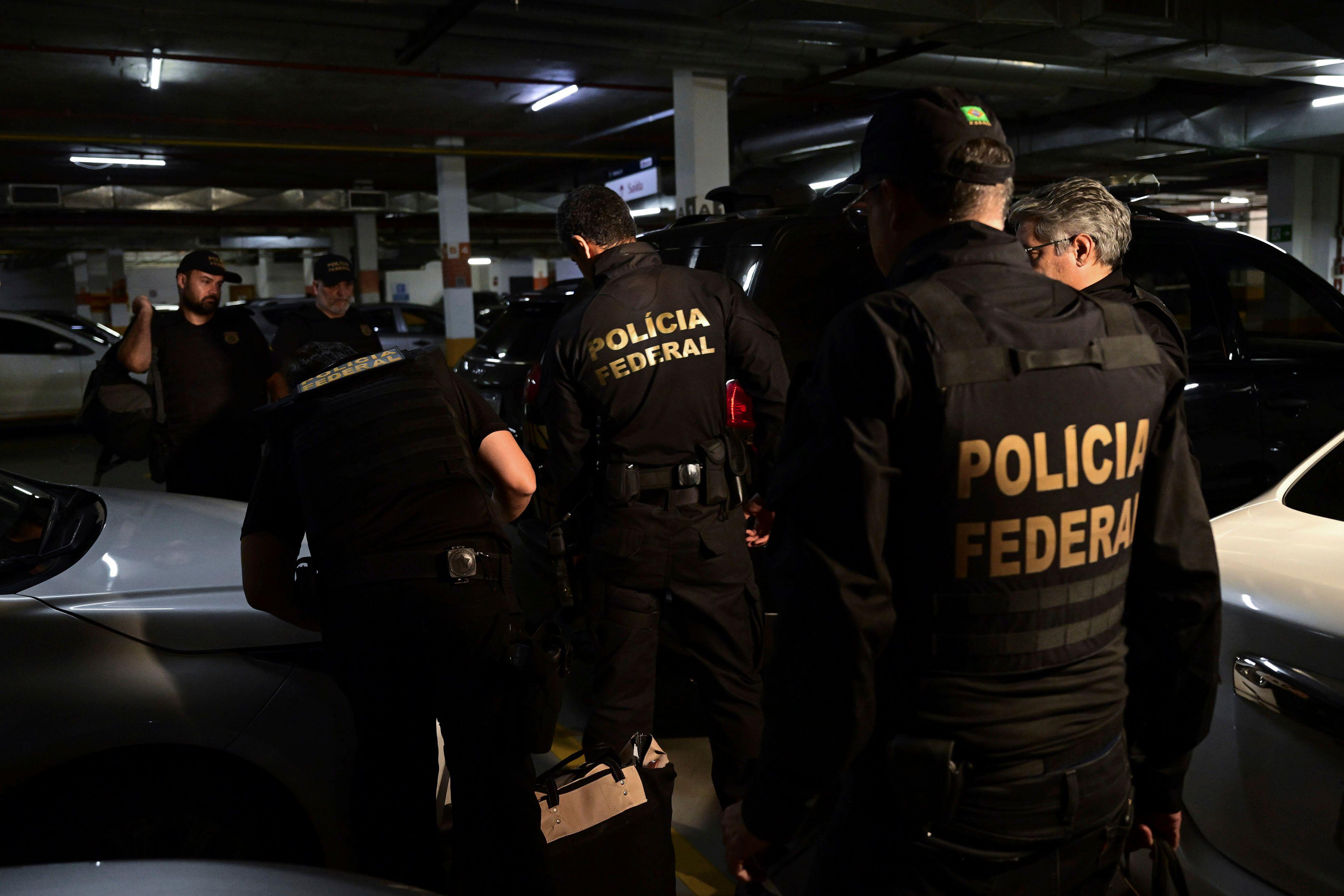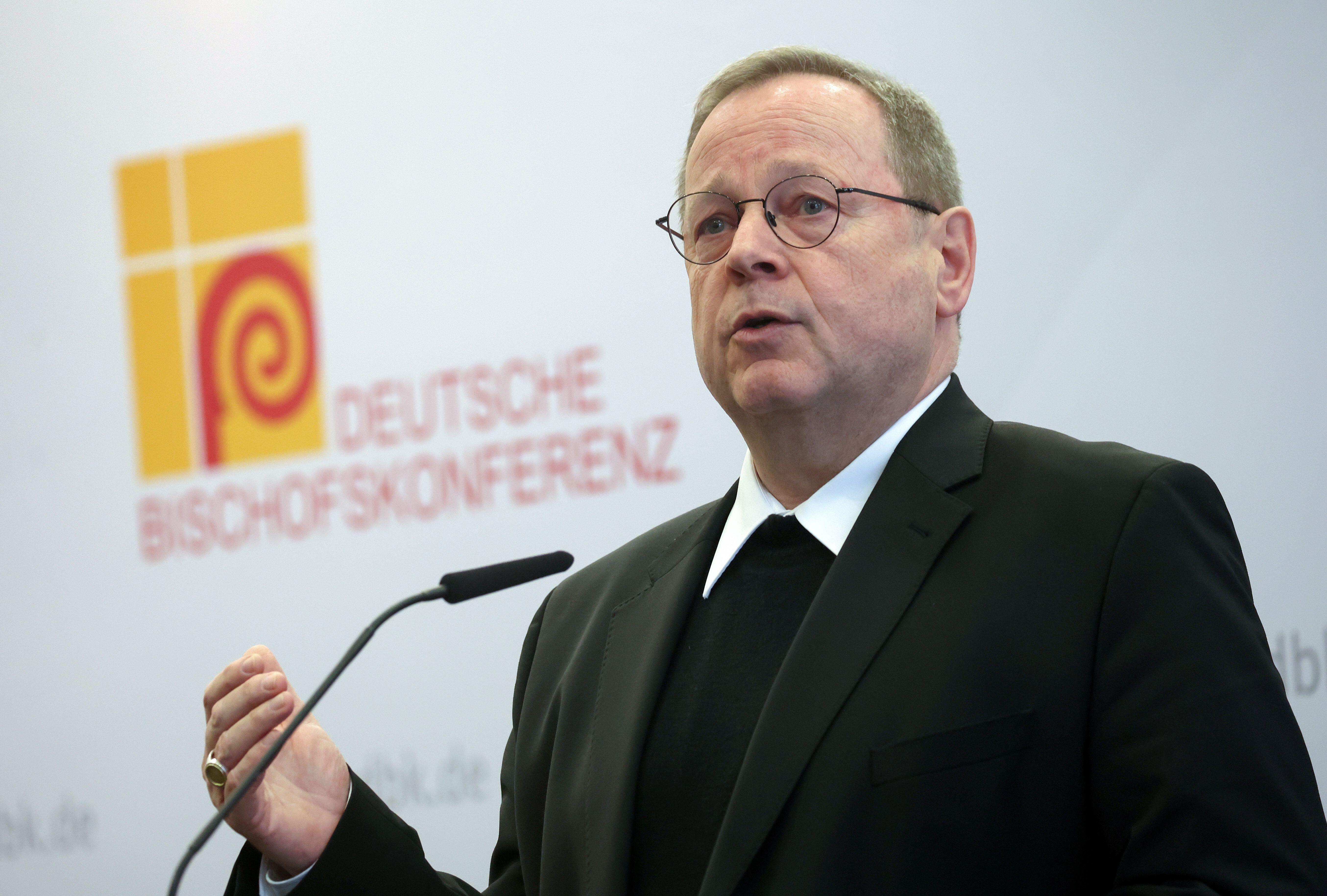Germany’s bishops decided not to vote on the statues of a “synodal committee” at their plenary this week after a letter from the Vatican instructed them not to pursue the discussion.
The bishops had planned to consider the reform at the meeting in Augsburg on 19-21 February, with the hope that the committee once established would prepare for the creation of a permanent “synodal council”.
However, a letter from the Vatican published on 16 February, signed by the Vatican’s Secretary of State Cardinal Pietro Parolin, the prefect of the Dicastery for the Doctrine of the Faith (DDF) Cardinal Victor Fernández, and the prefect of the Dicastery for Bishops Cardinal Robert Prevost, threatened sanctions if this went ahead.
“I can confirm that a letter from the Vatican arrived today,” the bishops’ conference spokesman Matthias Kopp told KNA on Saturday evening. Conference president Bishop Georg Bätzing of Limburg had therefore asked his fellow bishops to cancel discussion of the synodal committee from the plenary agenda.
The letter said that an “advisory and decision-making body” such as the proposed “synodal committee” was not admissible in canon law, and so any decision to establsih such a body would be invalid.
It also reminded the German bishops of the letter of 16 January, “written at the special order of Pope Francis”, asking the German bishops “not to continue with plans to set up such a body” ahead of planned talks between representatives of the Roman Curia and representatives of the German bishops’ conference.
However, no date has yet been set for such talks. Speaking at the start of the plenary on Monday, Bätzing blamed Rome for delaying the meeting. “We could already be further along,” he said.
Cardinal Christoph Schönborn of Vienna also cautioned the German bishops against reaching decisions that could lead to a schism.
“The German bishops must seriously ask themselves whether they really want to break away from unity with Rome under the Pope,” he told Communio.
“I am impressed by the Pope’s and the Roman dicasteries’ patience and their efforts to try and remain in dialogue with the German bishops in order to maintain [church] unity and community. They have already shown a great deal of good will towards them.
“And the German bishops should also be allowed to expect of the Central Committee of German Catholics not to overstretch the bow.”
The Central Committee has been a key driving force behind the bishops’ pursuit of reform and the Synodal Path initiative.
Earlier last week, Bishop Franz-Josef Overbeck of Essen announced the creation of a “joint council” as a new diocesan body, including lay Catholics, to advise and support him in his office as bishop – a reform proposed by the Synodal Path.
Announcing the new body on 15 February, the diocese said it would consist of 21 members, both priests and lay Catholics, each of whom will have a vote. They will be chosen from other diocesan bodies and groups and are to advise the bishop and assist him in his leadership of the diocese. The constitutive meeting is planned for 13 April.
The new council is to “accompany essential procedures critically and altogether continue to promote the culture of discussion and participation in our diocese”, Overbeck explained, saying he was motivated by the Synodal Path’s support for such measures.
“I felt it important that against this background we in our Diocese of Essen should together seek ways of enabling more participation in advisory and decision-making procedures.”
He said the aim to reach more comprehensive, broadly-based decisions by hearing a range of arguments together.
The new council’s statutes, which Overbeck has put into effect, state that “matters of diocesan-wide importance” will be discussed and the bishop assisted in his leadership of the diocese by “qualified advice and coordinated votes”.
Of the 21 council members at least 13 must be lay people. While the bishop, the auxiliary bishops and the vicar general will be members of the new council, they will not have voting rights.
At its fourth plenary in autumn 2022, the Synodal Path decided to set up such bodies to share decision-making at all levels of the German Church.
This proposal was criticised at the time by Cardinal Parolin and the then-prefects of the Dicastery for Bishops and the DDF, Cardinal Marc Ouellet and Cardinal Luis Ladaria, who warned that it undermined the episcopal office.
“Neither the Synodal Path nor a church body set up by it nor a bishops’ conference has the right to set up a ‘synodal council’ at a national, diocesan or parish level,” they said in a letter in January 2023 to Bishop Bätzing.



 Loading ...
Loading ...